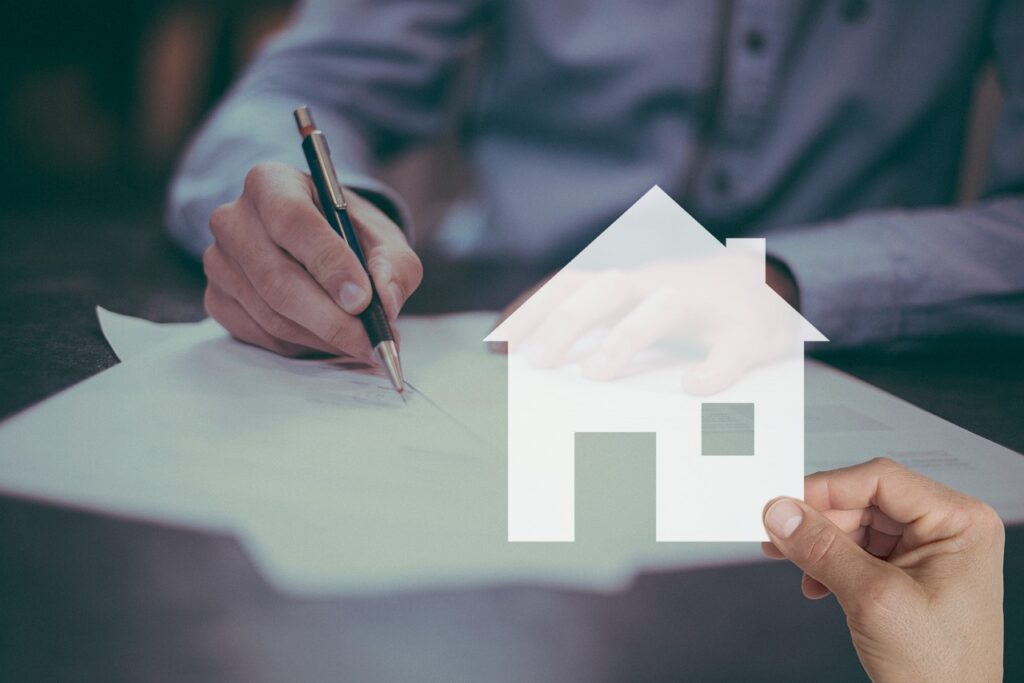Understanding Water Damage Insurance Coverage
Water damage insurance coverage can vary significantly based on the type of policy you have. Homeowners and business owners should familiarize themselves with the specific terms of their insurance policies to understand what types of water damage are covered. This includes distinguishing between sudden incidents, like burst pipes, and gradual damage, which may not be covered.
For instance, many standard homeowners insurance policies cover sudden and accidental water damage, but they often exclude damages caused by long-term neglect or wear and tear. It's crucial to review your policy details and consult with your insurance agent to clarify any ambiguities and ensure you have adequate coverage for potential water damage scenarios.
Steps to Take After Water Damage Occurs
After experiencing water damage, it's essential to act quickly to mitigate further loss. The first step is to ensure your safety by turning off the electricity and water supply if possible. Document the damage with photographs and make a list of affected items, as this information will be critical for filing your insurance claim.
Once you have ensured safety and documentation, contacting a professional water damage restoration service is vital. They can assess the extent of the damage, provide immediate remediation services, and help with the insurance claims process, ensuring you follow the necessary steps to restore your property efficiently.
Common Myths About Water Damage Restoration
There are several myths surrounding water damage restoration that can lead to misunderstandings and misinformed decisions. One common myth is that all water damage is covered by insurance, which is not always the case. Homeowners may assume that their policy covers any water-related incident, but exclusions often apply based on the cause of the damage.
Another prevalent myth is that DIY methods are sufficient for handling significant water damage. While some minor issues can be addressed independently, professional restoration services are essential for extensive damage to ensure thorough cleaning, drying, and mold prevention. Relying solely on DIY solutions can result in long-term problems and higher costs down the line.
Preparing Your Property for Potential Water Damage
Preparation is key to minimizing the impact of water damage on your property. Regular maintenance checks, such as inspecting your roof, plumbing, and drainage systems, can help identify potential vulnerabilities before they lead to significant issues. Additionally, installing sump pumps and water alarms can provide early warnings of potential flooding.
Moreover, creating an emergency plan that includes contact information for your insurance provider and a trusted restoration company can streamline the response process when water damage occurs. Being proactive not only protects your property but also ensures you are better equipped to handle any unexpected water-related incidents.

